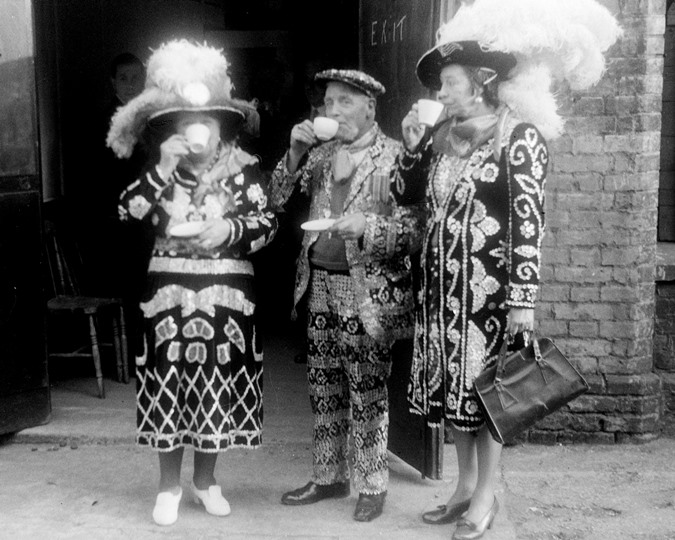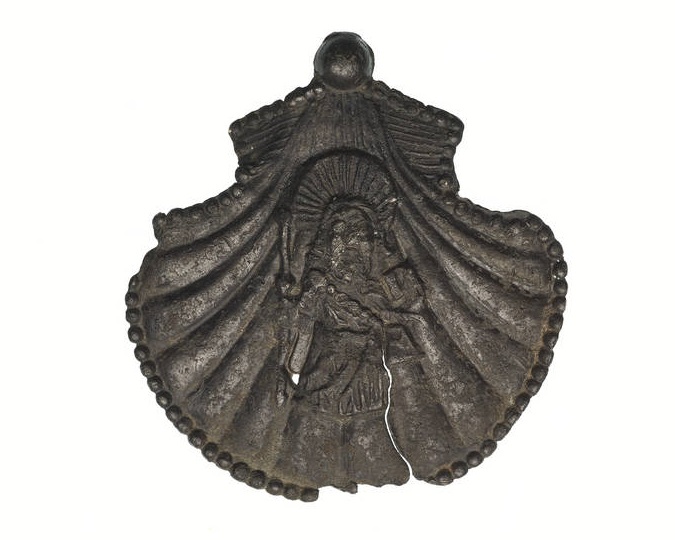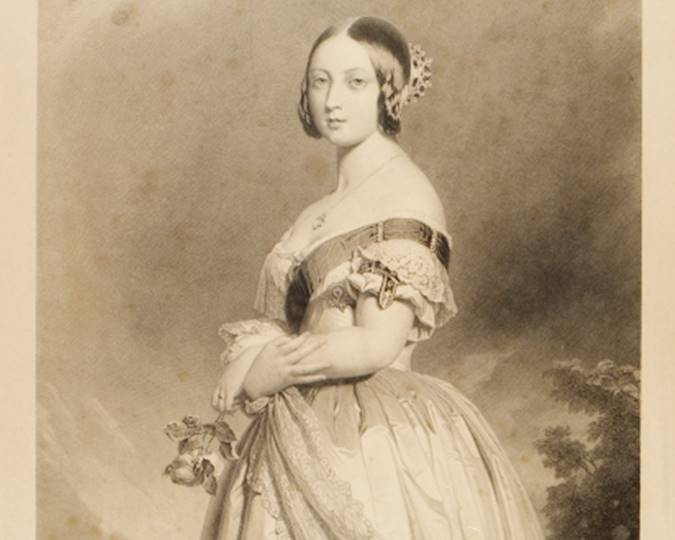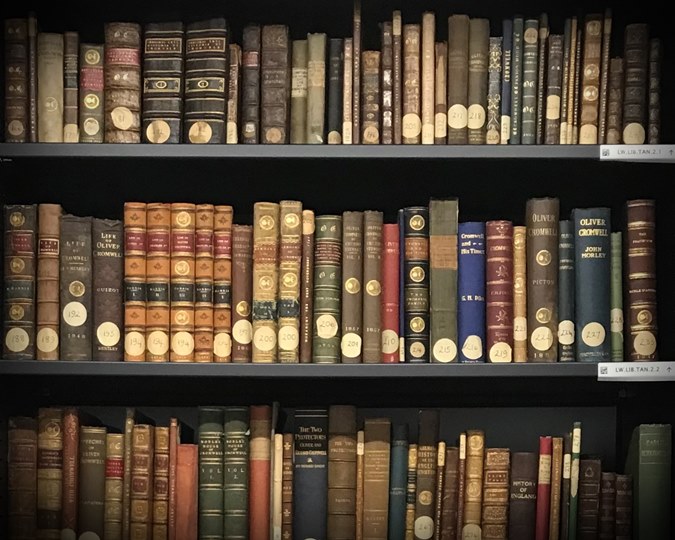The East India Company was a joint-stock company, based in London, which developed over 250 years from trading with south-east Asia to seizing large parts of India and dominating trade with China.
The company received a Royal Charter from Queen Elizabeth I on 31 December 1600, making it the oldest among several similar companies formed to trade with the East Indies across Europe. Wealthy merchants and aristocrats owned the company's shares. Initially the government owned no shares and had only indirect control until 1657 when permanent joint stock was established. Thanks to this charter, the company held a monopoly on all British trade with Asia until its exclusive rights over India were ended in 1813.
The Company's ships, known as 'East Indiamen', would unload their cargoes from the East Indies and China at the East India Docks, Blackwall. The imported goods included tea, cotton, silk, opium, spices and porcelain. Once unloaded the goods were transported up Commercial Road to the Company's warehouses on Cutler Street. By the late 18th century, the East India Company controlled a huge percentage of the world's trade, shipping vital Asian goods to London from whence they were distributed across Europe.
In the 18th century, the East India Company took advantage of the decline of the Mughal Empire in India to seize control of first vital ports in the subcontinent, then the state of Bengal. It waged war agains the French and their Indian allies, expanding rapidly from a British-backed trading monopoly into the effective ruler of large parts of India.
By 1803, at the height of its rule in India, the British East India company had a private army of about 260,000, mostly Indian sepoys, twice the size of the British Army, and with Indian revenues of over £13,000,000. The company eventually came to rule large areas of India with its private armies, exercising military power and assuming administrative functions. Company rule in India effectively began in 1757 and lasted until 1858, when, following the Indian Rebellion of 1857, the Government of India Act 1858 led to the British Crown's assuming direct control of the Indian subcontinent in the form of the new British Raj.
During this period, the East India Company also advanced into China, over which it claimed a similar monopoly of trade. The growth in popularity of tea drinking in Britain meant an enormous consumer demand, but Chinese tea merchants would only accept payment in silver which depleted British reserves. The Company financed tea imports by illegally exporting Indian opium for sale in China, leading to the Opium Wars. These led to the European powers establishing colonial domination over the Chinese state, forcing the creation of treaty ports under British and French control.
Despite frequent government intervention, the East India Company had recurring problems with its finances. It was dissolved in 1874 as a result of the East India Stock Dividend Redemption Act, as the Government of India Act had by then rendered it vestigial, powerless, and obsolete. The official government machinery of British India had assumed its governmental functions and absorbed its armies.








